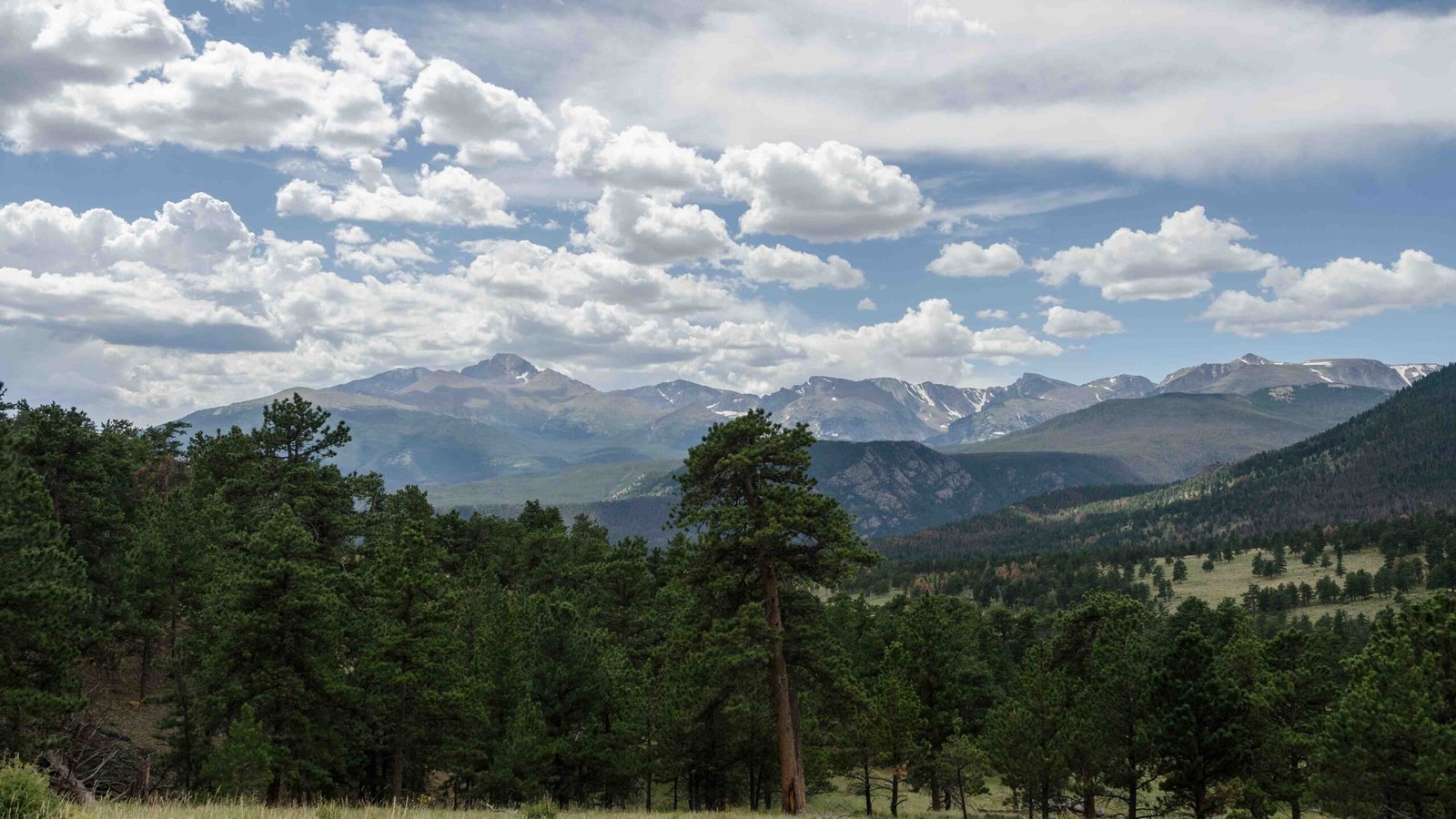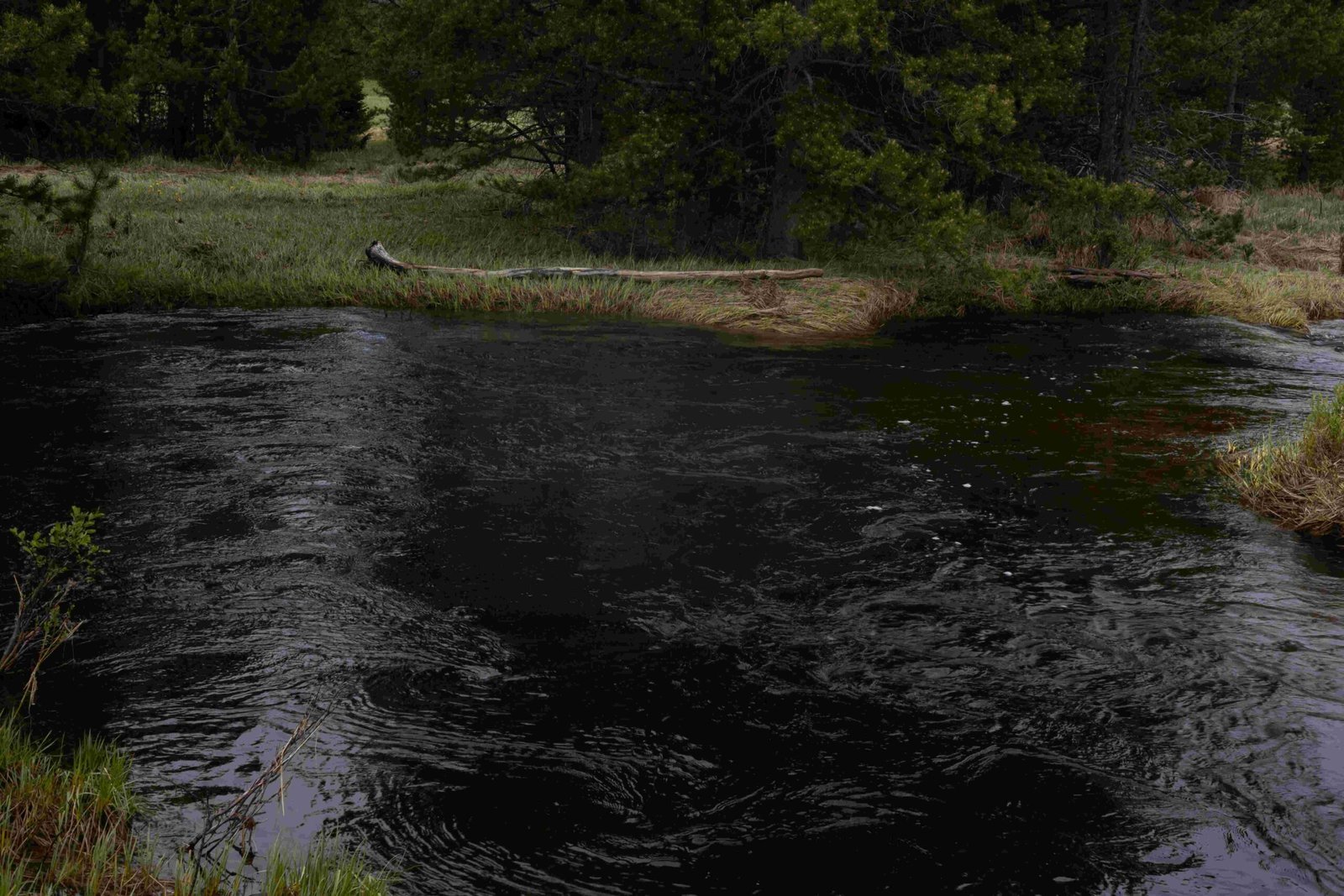Rocky Mountain National Park faces numerous challenges, including climate change, habitat degradation, and increasing visitor numbers. Protection efforts involve conservation initiatives, wildlife management, sustainable tourism practices, and habitat restoration. The Rocky Mountain Conservancy plays a crucial role in these efforts, managing millions in grants and special project funding to support various park departments and initiatives.
What Are the Key Conservation Efforts in Rocky Mountain National Park?

Conservation efforts in Rocky Mountain National Park are multifaceted and involve various stakeholders. Here are some of the primary initiatives:
- Funding Allocation
- The Rocky Mountain Conservancy (RMC) manages nearly $1 million in grants
- Secured special project funding of approximately $2.5 million for 2024
-
Funds support Resource Stewardship, Interpretation and Education, Visitor and Resource Protection, and Facility Management
-
Volunteer Programs
- RMC-Conservation Corps hosts diverse groups of young people
- 24-36 youth engaged in conservation careers through hands-on work and education
-
Participants from 20 different states in the 2024 season
-
Habitat Restoration
- Vegetation Crew treated 143 acres of invasive exotic plants
- Replanted and repotted 125 species
- Maintained elk exclosures in Kawuneeche Valley for wetland recovery
How Does the Park Address Wildlife Protection?

Wildlife protection in Rocky Mountain National Park involves several strategies:
- Endangered Species Monitoring
- Indirect support through habitat restoration
-
Reintroduction of native plant species
-
Human-Wildlife Conflict Mitigation
- Habitat restoration to maintain healthy ecosystems
- Removal of invasive species
-
Restoration of native habitats
-
Challenges and Successes
- Ongoing impacts of climate change and wildfires
- Successful completion of habitat restoration projects
- Continuous efforts required to address human recreation impacts
What Sustainable Tourism Practices Are Implemented?
Sustainable tourism is crucial for the long-term preservation of Rocky Mountain National Park. Here are some practices in place:
- Visitor Education Programs
- Rocky Mountain Field Institute provides hands-on learning experiences
-
Development of award-winning interpretive publications
-
Visitor Engagement in Conservation
- High School Leadership Corps involves students in hands-on projects
-
Focus on educating visitors about climate change impacts
-
Interpretive Sales and Educational Materials
- Operated by the Rocky Mountain Conservancy
- Likely includes guidelines for sustainable tourism practices
What Habitat Restoration Initiatives Are Underway?
Habitat restoration is a key component of protecting Rocky Mountain National Park. Here’s an overview of current initiatives:
- Types of Habitats Being Restored
- Wetlands in Kawuneeche Valley
-
Traditional habitats for native plant species
-
Restoration Methodologies
- Treatment of invasive exotic plants
- Replanting and repotting native species
- Maintenance of elk exclosures
- Creation of burn piles for fire mitigation
-
Trail restoration
-
Project Timelines and Partnerships
- Ongoing efforts for over two decades
- Partnerships with National Park Service, National Park Foundation, U.S. Forest Service, and Bureau of Land Management
How Can Visitors Contribute to Park Protection?
Visitors play a crucial role in protecting Rocky Mountain National Park. Here are ways they can contribute:
- Follow Park Guidelines
- Stay on designated trails
- Properly dispose of waste
-
Respect wildlife by maintaining a safe distance
-
Participate in Educational Programs
- Attend ranger-led talks and walks
-
Visit the park’s visitor centers for information
-
Support Conservation Efforts
- Donate to the Rocky Mountain Conservancy
-
Volunteer for park projects when available
-
Practice Leave No Trace Principles
- Pack out what you pack in
- Use established campsites
-
Minimize campfire impacts
-
Reduce Carbon Footprint
- Use park shuttles when available
- Carpool to reduce vehicle traffic
By implementing these ways to protect Rocky Mountain National Park, visitors and conservationists alike can help preserve this natural treasure for future generations.
References:
1. https://www.nps.gov/articles/000/2024-partnership-award.htm
2. https://corpsnetwork.org/organizations/rocky-mountain-conservancy/
3. https://www.visitestespark.com/blog/post/resiliency-efforts-in-rocky-mountain-national-park/

